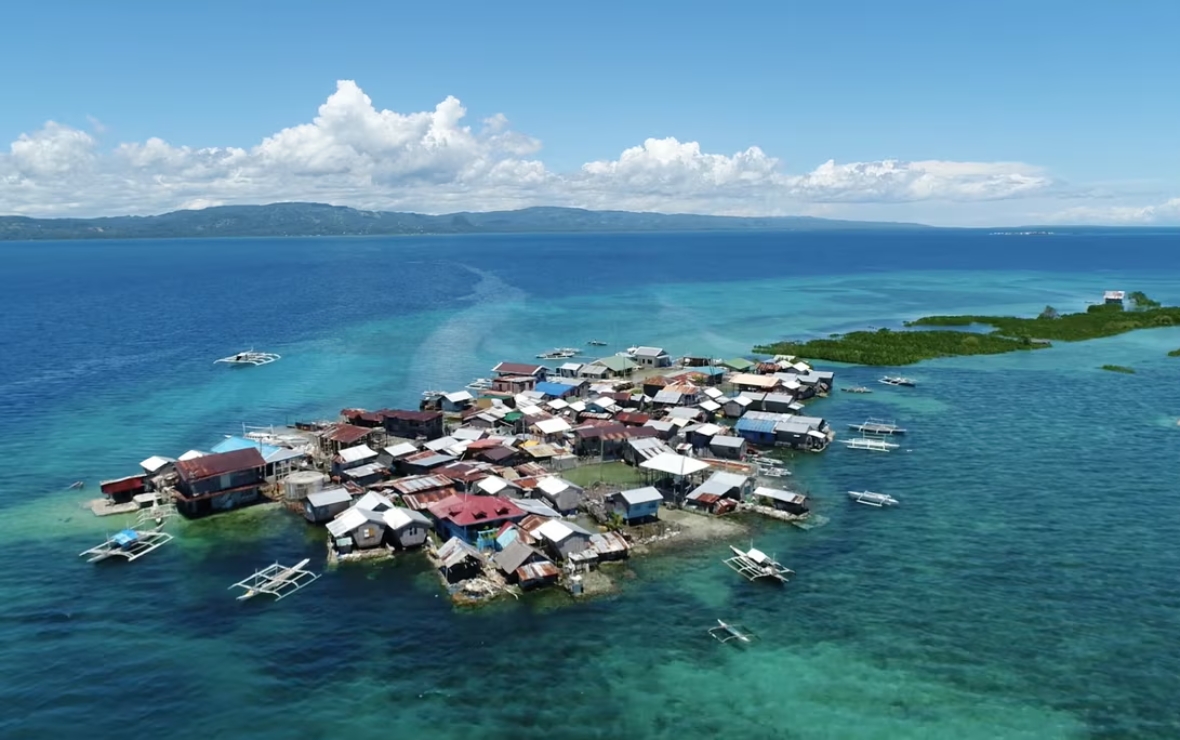Nagkabit ang mga residente ng Bilangbilangan at Batasan Islands ng mga solar panels at charging stations sa tulong ng gobyernong lokal at Greenpeace upang palakasin ang kanilang kapasidad sa climate response at transition na hindi gumagamit ng fossil fuel.
Isa ang Bohol sa matinding tinamaan ng Super Typhoon Odette (International name “Rai”) noong 2021, kung saan umabot sa 41.6 billion pesos ang nawasak na imprastuktura, ekonomiya at iba pang critical sectors kasama na ang development administration, social, environment, at private sector.
Ilang buwang walang kuryente sa probinsya kaya nalumpo rin ang water supply, communication, mobility, at economic activity.
Ayon sa report, hanggang ngayon ay hindi pa fully recovered ang Bohol. Paputol-putol pa rin umano ang power supply.
“During storms or disasters, solar power would be a great help,” ani Anabelle Canete, residente at Barangay Captain ng Batasan Island. “As we know, after a typhoon, we would have no electricity. But these solar charging stations can be used at any time.”
Ang mga charging stations, na may kapasidad na 2.8KW, ay nakadisenyo upang maging maayos ang lahat kahit magkaroon ng disaster.
“Solar actually helps make our daily expenses more manageable,” ani Dante Ciros, residente at Barangay Captain ng Bilangbilangan. “We need energy to power our boats when we go fishing, to power our lights. Solar is better, cheaper than diesel, and does not pollute. It would be better if programs like this were also done in other communities, especially for islands.”
Like many residents in Bilangbilangan and Batasan, Ciros is very aware of the impacts of climate change, and how emissions by major fossil fuel companies are intensifying tropical cyclones. “We see people suffering all the time, especially in small communities. Big businesses don’t care about small communities here in the Philippines. They should cut down on emissions. What they do to the environment always comes back to us.”

